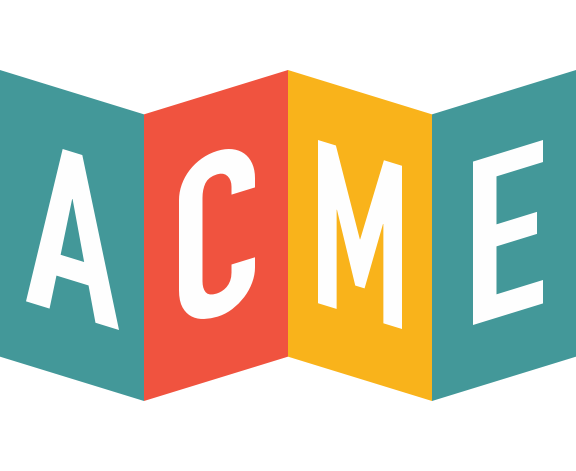
How to Get a Job in a Museum
If you love to learn and be around some of the world’s most inspiring cultural and historical artifacts and objects, then you might consider getting a job in a museum.
Museums provide individuals of several specializations and backgrounds to be a part of one of the most important components of an educated and engaged society. Those working in museums are, therefore, some of the most valuable members of the community and society at large.
But how do you start looking for a job in a museum? This article will give you everything you need to know on how to get a job in a museum for some of the most iconic museum positions.
Museum Jobs: Conservator
The people behind the exhibits, displays, and historical artifacts are conservators. Conservators take museum items through a series of tests, chemical and otherwise, to evaluate and determine their condition for display. Without conservators, the longevity and sustenance of certain historical artifacts and museum items would not survive.
While internships and volunteer opportunities are important to most jobs in museums, getting pre-graduate work as a curator is especially important because of the limited undergraduate degree opportunities in this field. Most conservators will seek post-undergraduate work for certificates, internships, and apprenticeship opportunities immediately following their graduation.
Most conservators getting hired today, however, will have a master’s degree in conservation science. Master’s programs in conservation will typically take 2-4 years and require work in both the theories and practices of conservation.
Following your graduation, it’s important for conservators to stay abreast of developments in the field. New technologies mean that there will constantly be newer and better ways to preserve the treasured items in museums. Attending conferences, professional meetings, and relying on a stable in-house conservator team to implement innovations will be crucial to the efficacy of conservation.
Museum Jobs: Curator
If you’re ambitious, have a varied skill-set, and have the ability to see things from the “big picture”, curating could be the job for you. The daily demands of a curator change from museum to museum, but, generally, curators are responsible for managing collections of art works, organizing future exhibitions, seeking fundraising, acquiring new art works, and developing the museum’s educational missions.
Because so much is asked of curators, most curators will receive a master’s degree in their area of interest and sometimes even a PhD. Curating is one of the more competitive positions in a museum, so seeking further education and building on your specialization is often a key competent to gaining an edge over other applicants.
If you do plan on going through graduate school and gaining a PhD, it’s a good idea to find some kind of work in a museum while going to school. Working while going to school can often compliment a degree and research, providing you with valuable work experience as well as contributing to your degree. Publishing research in reputable papers, networking through internships and volunteer programs, and broadening your skills to have some business credentials are all practical ways to break into the field.
Museum Jobs: Archivist
Like conservators, archivists are left to the basement levels of museums, sifting through and organizing stacks of documents, files, artifacts, and other important information. Archivists work with conservators with the aim to preserve and protect important relics of the past.
Most archivists need a minimum of a bachelor’s degree in order to work in a museum. Many universities offer degrees in archival science or library science. A minor in your area of interest, however, is recommended to provide you with some context on the subject you prefer to work in.
Because archiving is all about building your organizational skills, working in a library, a government institution, or a museum are all viable ways to build work experience before applying to your dream museum.
Museum Jobs: Educator
The role of educators in museums can be broken into two parts: administrative-level educators and on-the-floor educators.
Administrative educators include curating educators, education officers, and education/interpretation supervisors. These individuals are part of a team working to make sure that a museum is meeting its educational goals. Administrative educators meet with city members, public schools, and other third parties to create valuable partnerships that enrich the educational merit of a museum.
On-the-floor educators take a more hands-on approach and assist visitors by providing information on exhibits, leading tours, and creating content for the museum’s website. Educators might help create pamphlets, maintain blogs, and write informative blurbs that accompany art pieces and exhibit items.
There’s more than one path for how to get a job in a museum. With the right amount of planning and effort, anyone can start on their path to find their dream career in a museum.
For anyone working in a museum, you want the most up-to-date and innovative ticketing and management technology. ACME will help curators, developers, directors, and managerial leaders simplify the ticketing process and keep track of valuable visitors. Schedule your free ACME demo today, and manage your museum with ease and joy.

